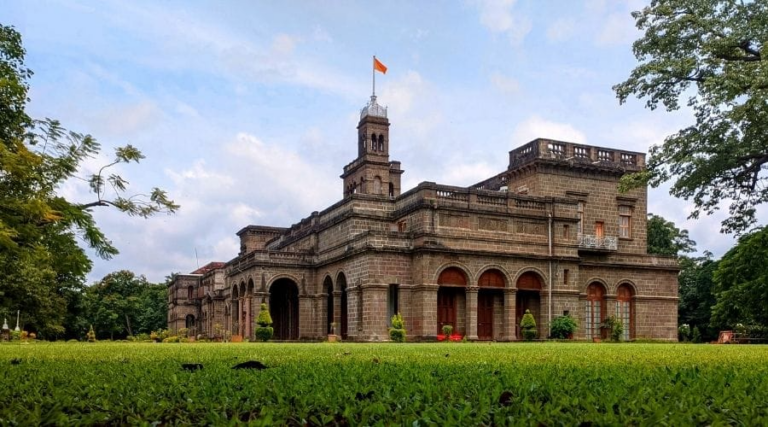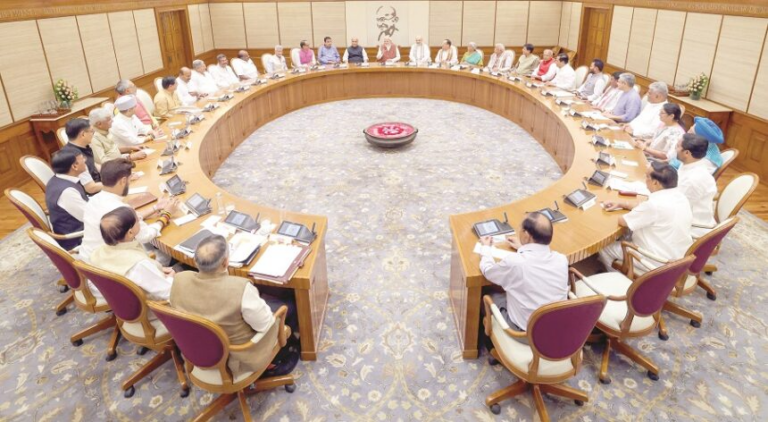
In a major development that could impact thousands of aspiring medical students across Maharashtra, the National Medical Commission (NMC) has flagged serious shortcomings in 30 medical colleges across the state. The deficiencies were identified during a recent round of inspections carried out as part of the annual renewal process mandated by the NMC’s Undergraduate Medical Education Board (UGMEB) under the MS-MER Regulations 2023.
Among the colleges facing scrutiny are ten newly established government medical colleges located in districts such as Mumbai, Amravati, Hingoli, Gadchiroli, Jalgon, Bhandara, and Buldhana. Even some reputed institutions like Mumbai’s Sion Hospital (Lokmanya Tilak Municipal Medical College) and Pune’s Armed Forces Medical College have been named in the report.
The evaluation by the NMC was based on key compliance factors such as the availability of full-time teaching faculty, biometric attendance data, clinical material, patient inflow, and overall infrastructure, including laboratories, hostels, and lecture halls. Colleges were required to submit detailed declaration forms and self-assessment reports, which were then cross-verified by the Commission during on-ground inspections.
However, the findings painted a concerning picture. Most of the institutions reportedly failed to meet the minimum faculty requirements, lacked proper attendance records, and did not possess adequate infrastructure to support the intake of MBBS students. In several cases, the reports revealed a shortage of clinical material and non-functional or under-equipped hospital departments, which are essential for the hands-on training of future doctors.
Based on these findings, the NMC issued show-cause notices to all 30 institutions. But what has raised further alarm is the fact that the responses submitted by the colleges were found to be unsatisfactory. The Commission noted that no concrete steps had been taken by the institutions to address the issues raised earlier, suggesting a deeper administrative and compliance failure.
Taking a stern view of the matter, the NMC has now summoned the Principal Secretary of Maharashtra’s Medical Education Department and the Director of Medical Education and Research (DMER) to appear personally before the Commission. This move underlines the seriousness of the lapses and signals that further action, including potential withdrawal of seat renewals, could be on the horizon if corrective measures are not implemented immediately.
The timing of this development is particularly significant, as the NEET-UG counselling process is expected to begin soon. If the seat renewals for these colleges are withheld, it could lead to a reduction in available MBBS seats in the state – directly impacting students who had hoped to secure admission this academic year.
At stake is not just the future of the institutions, but also the careers of thousands of students who rely on these colleges for quality medical education. For now, the state’s medical education authorities are under pressure to act swiftly, rectify the shortcomings, and ensure that these institutions comply fully with NMC norms.
As Maharashtra navigates this crisis, Abhyaaspeeth urges all medical aspirants to carefully monitor the NMC’s announcements and verify the approval status of their preferred colleges before participating in the upcoming counselling rounds.




